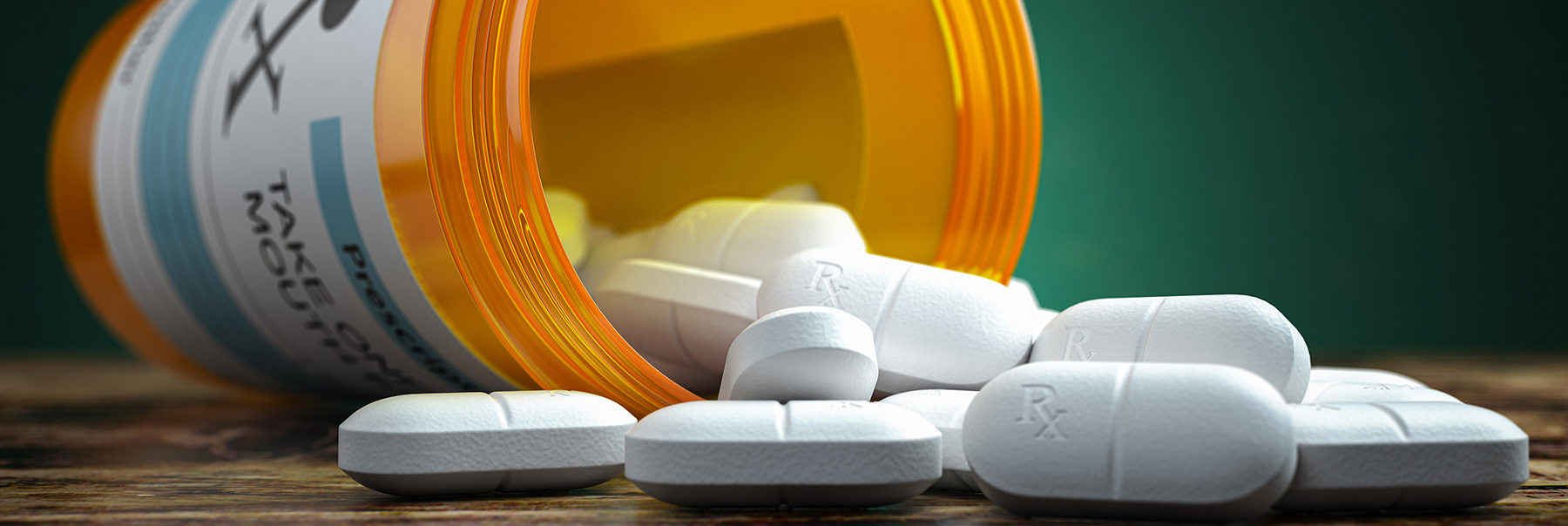Miami is Reporting Fewer Opioid Deaths. Here’s Why.

“I never cared about the opioid epidemic until I got the call to identify my daughter who had overdosed in her car.” That comment from a mayor is one of many Emelina “Emy” Martinez hears as outreach coordinator for the University of Miami’s needle exchange program.
Known as the Infectious Disease Elimination Act (IDEA) Exchange, it provides clean needles and syringes, naxolone (an overdose reversal drug), HIV/Hepatitis C testing, and drug treatment referral. The program operates on the University’s main campus and from a mobile unit. Services are free, anonymous, and effective.
The University of Miami Health System makes a local impact on the national opioid epidemic.
In the first six months of 2017, there were 177 fewer opioid overdose deaths in Miami, compared to the last six months of 2016. IDEA Exchange, a five-year pilot program, began in December 2016.
“Our data demonstrates a direct correlation between the decrease in overdose deaths and naxolone distribution, treatment referral, and safe injection counseling,” says Dr. Hansel Tookes, a public health expert with the University of Miami Health System.
IDEA Exchange is the brainchild of Dr. Tookes. In 2011, as a second-year medical student at the University’s Miller School of Medicine, he reached an unsettling realization. “Miami led the nation in new HIV infections, but no one was distributing clean needles and syringes.” He spent five years convincing lawmakers to reach the same conclusion. In 2016, his tenacity paid off when the University launched Florida’s first and only legal exchange program. “People drive here from as far away as Tampa to access our services,” Martinez says.
Slowly and painfully, Americans, including that mayor, are recognizing opioids as an equal-opportunity killer.
“Opioid addiction often begins after surgery or a car accident. When the pain medication prescription runs out, withdrawal symptoms are so severe, people feel like they’re dying. Miami has no publicly funded medically-assisted detox facility, so they buy illegal pain killers for relief, and the downward spiral begins,” Martinez says.
Fortunately, IDEA Exchange is turning the tide.
Naxolone or Narcan as it is commonly known, literally brings people back from the dead. “A client said, ‘I died on Christmas Eve, but my mom saved my life because she had Narcan. I’ve been clean ever since.’ Other clients share similar stories. I’ve saved at least four lives myself with Narcan,” says Martinez.
According to Senior Research Associate Carlos Padron, “We’ve had a total of 560 overdose reversals as a result of distributing Narcan nasal spray to addicts and their families. I personally used it on someone in the parking lot after his wife drove him here blue.”
A foundational shift
The program’s core component is also the most controversial. Each used needle and syringe brought in by a client is exchanged for a clean set and injection safety instruction. If it seems counterintuitive, those working on the frontlines of this epidemic know that “harm reduction” reduces deaths and disease. “These programs save lives and lessen the burden on hospitals and taxpayers. The CDC, NIH, and cities with a long history of needle exchange programs have documented these statistics. The numbers don’t lie,” Martinez says.
Each week, Dr. Eduardo Suarez, a psychologist in charge of community engagement and linkage to care, reviews the number of tests performed, needles exchanged, and number of successful linkages. “Clients willingly share information because everything is anonymous. That really enhances our data quality,” Padron says. In 18 months, the program has removed more than 150,000 dirty needles from Miami streets.
Removing treatment hurdles
When it comes to getting drug users into treatment, opportunity doesn’t knock twice. “You have to be there when they’re ready. You may not get a second chance,” says Padron, who works at the main location. By 7:30 a.m., Emy Martinez drives the program van to one of five Dade County locations, from Overtown to Opa-Locka, and as far as Florida City, depending on the day.
Follow Martinez on her rounds and you understand why she’s nicknamed Mother Teresa. Along with clean equipment and naxolone, she distributes hugs, smiles, donated clothing and backpacks. “Every addict is loved by someone, but because of addiction, they can end up on the streets,” she says. Padron concurs. “Fifty percent of our clients are homeless. When they come in, we give them coffee and a chance to rest in the AC. That’s when we build the trust that eventually leads to treatment.”
Fighting the opioid epidemic one addict at a time sounds daunting, but Dr. Tookes, Martinez, and Padron are encouraged by their early success. “We’ve shown in a really short time that this program works. Locally, our goals are keeping people disease-free and getting as many as possible into treatment. Our bigger goal is getting Florida lawmakers to legalize these programs statewide,” Padron says.
IDEA Exchange is supported through grants and private donations. To support the program, donate here. If you or a loved one need services, call 786-769-8118.
Nancy Moreland is a contributing writer for the UMiami Health News Blog. She has written for several major health care systems and the Centers for Disease Control and Prevention. Her writing also appears in the Chicago Tribune.
Tags: Dr. Eduardo Suarez, Dr. Hansel Tookes, harm reduction, needle exchange
